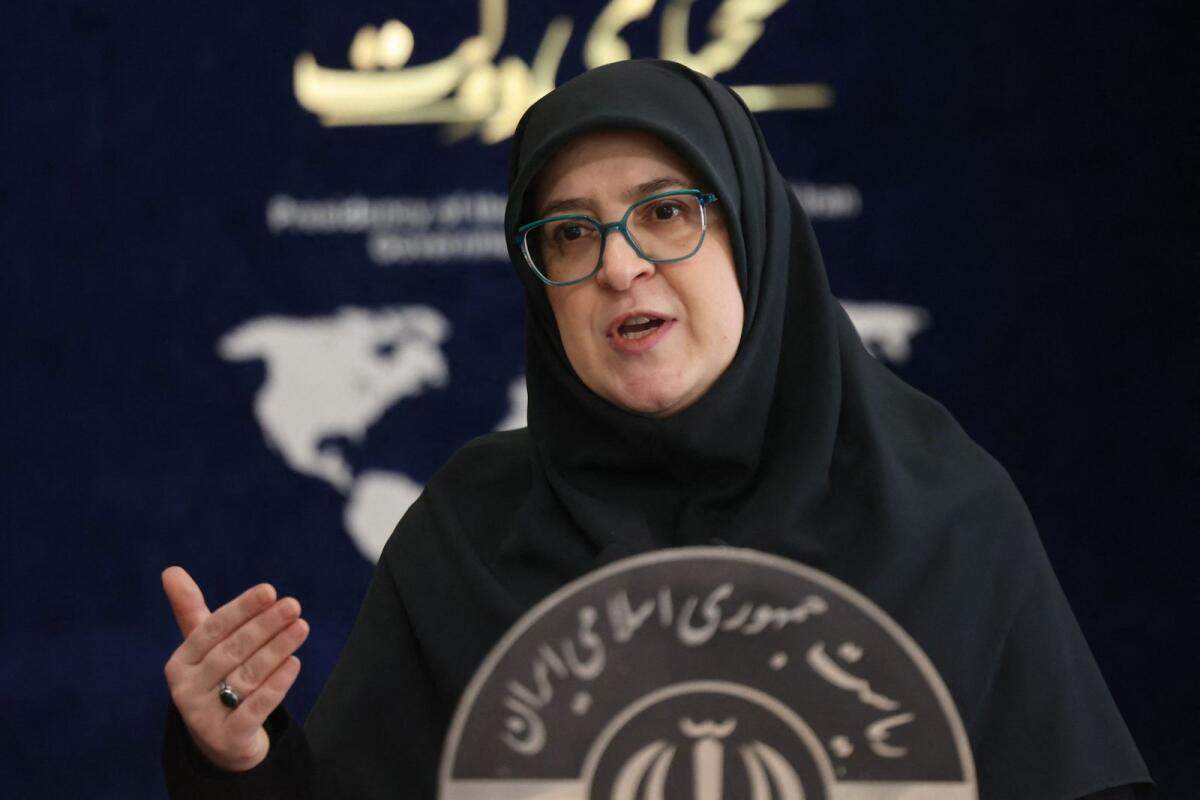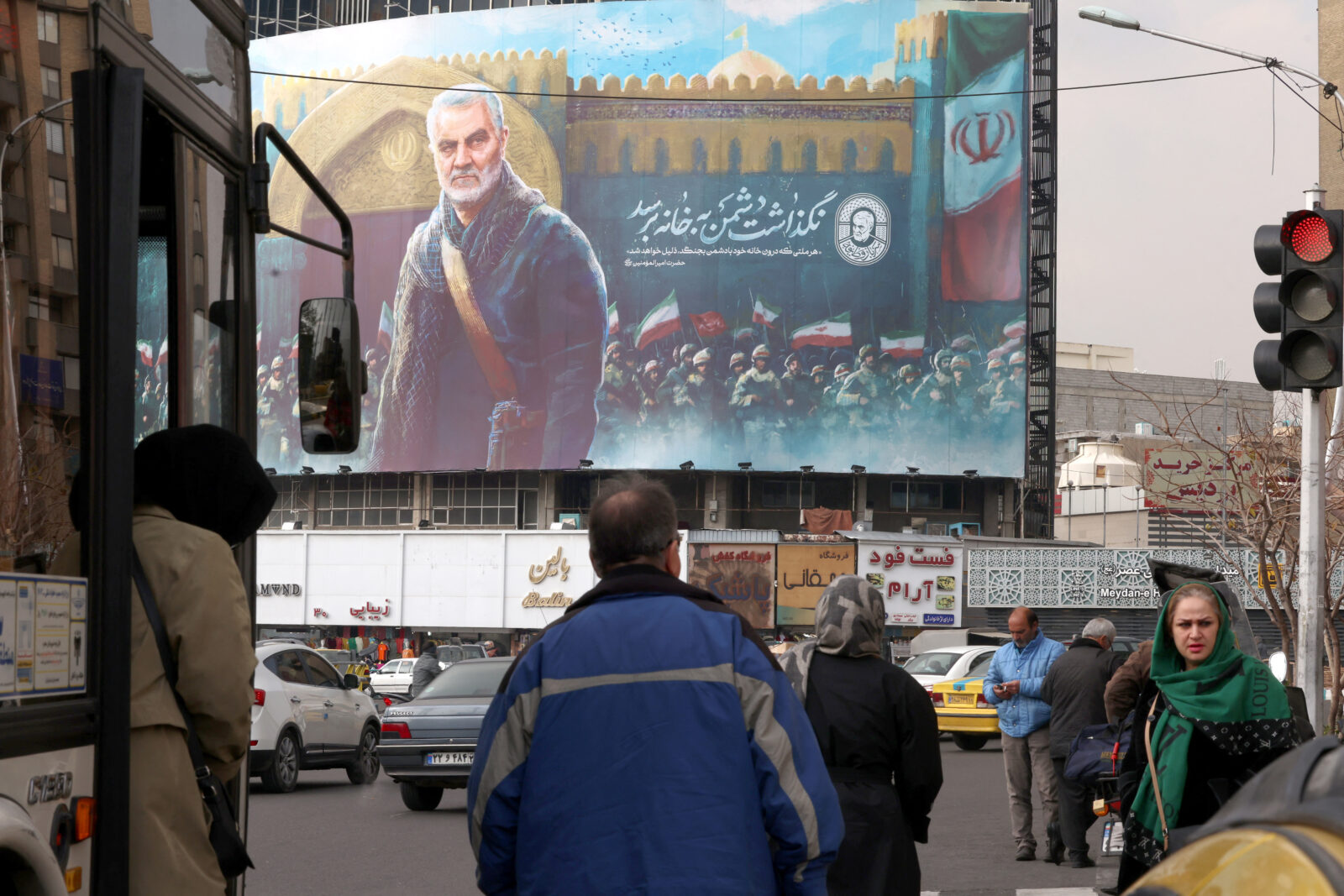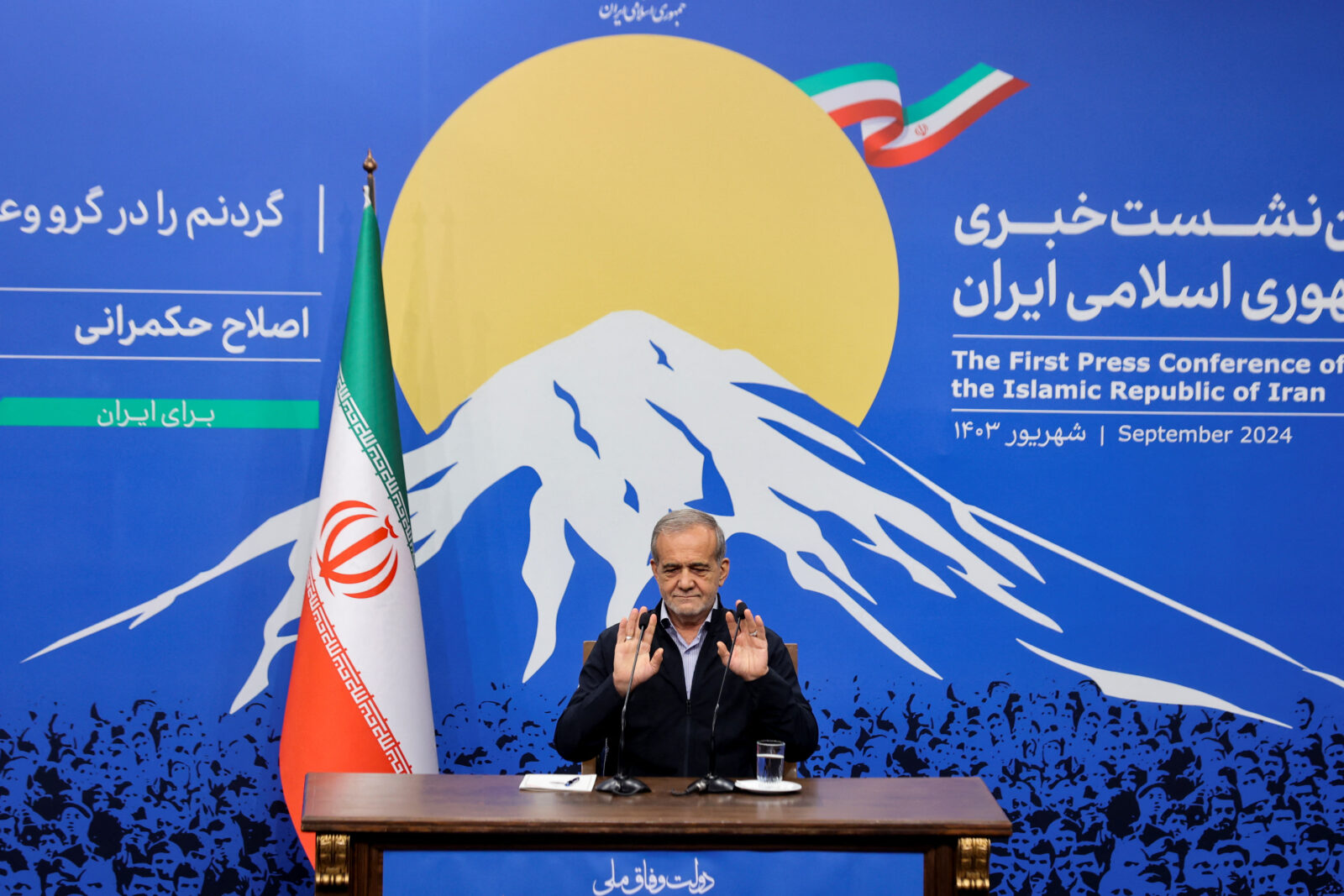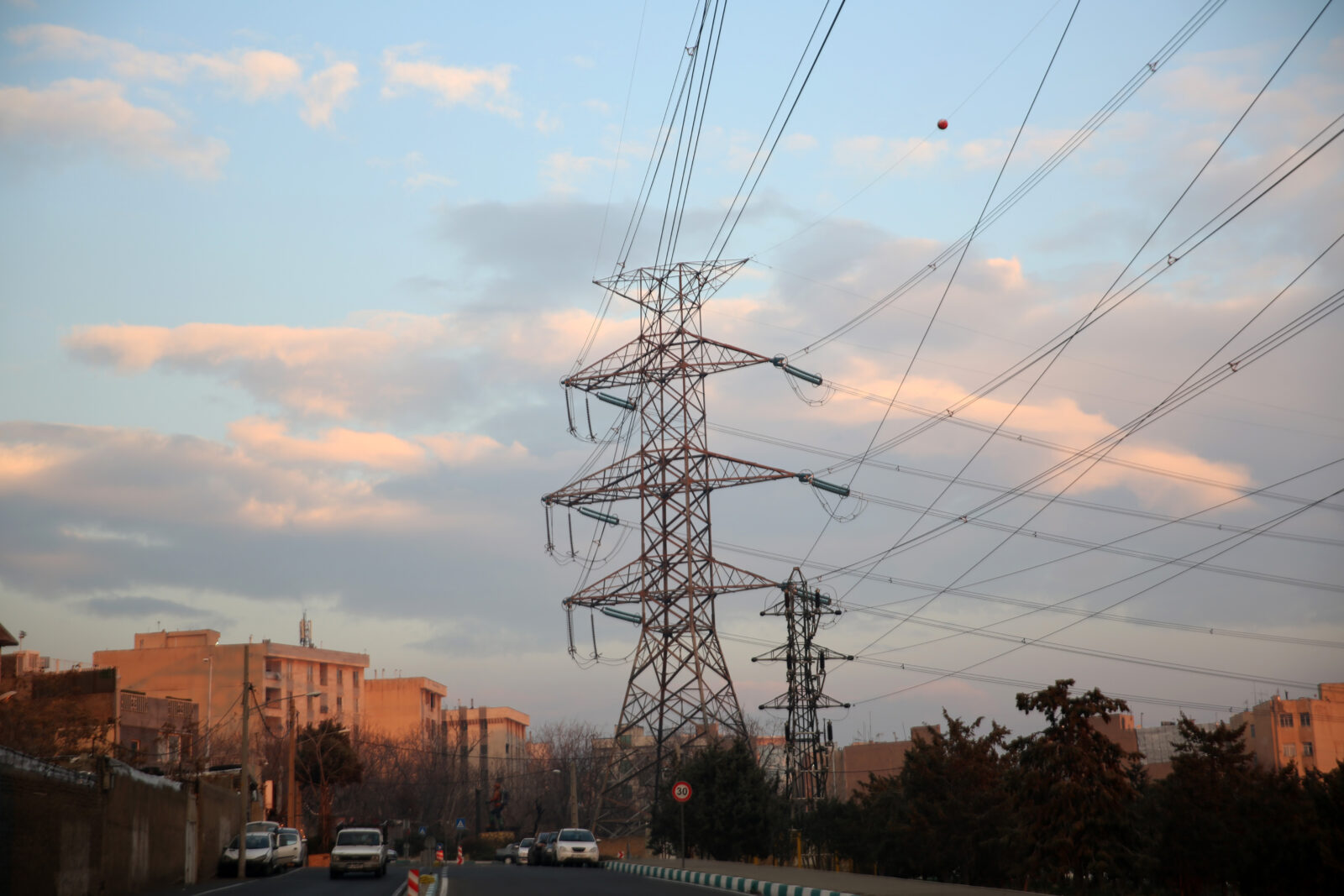Iran plans to relocate its capital to Makran
 Iranians visit the Grand Bazaar in Tehran, on January 7, 2025. (AFP Photo)
Iranians visit the Grand Bazaar in Tehran, on January 7, 2025. (AFP Photo)
Iran announced plans to relocate its capital to the southern coastal region of Makran, aiming to address Tehran’s long-standing issues of overpopulation, water scarcity and environmental challenges.
Government spokeswoman Fatemeh Mohajerani made the announcement on Tuesday, emphasizing the proposed move’s strategic and economic benefits.
“The new capital will definitely be in the south, in the Makran region, and this matter is currently being worked on,” Mohajerani said during a press briefing. She added that the initiative is still in an exploratory phase, with feasibility studies being conducted.

Strategic and environmental rationale behind move
Tehran, home to nearly 20 million residents, has faced mounting challenges, including rapid population growth, pollution, power shortages and water scarcity. These issues have overwhelmed the city’s infrastructure, prompting successive governments to consider relocating the capital.
Mohajerani revealed that two specialized councils have been formed to address the capital relocation plan. One council focuses on addressing Tehran’s infrastructure issues, while the other explores economic opportunities linked to Makran’s coastal location, including potential developments in sea-based trade and industry.
“We are seeking assistance from academics, engineers, sociologists, and economists to guide this transition,” Mohajerani said.

Iran’s President Pezeshkian advocates for relocation
President Masoud Pezeshkian reignited discussions about relocating the capital earlier this year, describing Tehran’s current economic and environmental model as unsustainable.
“Transporting raw materials from the south to the center, processing them, and returning them south for export drains our competitive capacity,” Pezeshkian said last week.
The president has instructed First Vice President Mohammad Reza Aref to oversee initial stages of the relocation process, with a focus on efficiency and long-term sustainability.

Financial and logistical challenges await
Despite the apparent strategic and economic benefits of moving the capital to Makran, the proposal has faced significant criticism. Detractors argue that such a move’s financial and logistical demands are monumental, especially given Iran’s current economic challenges.
Ali Gholhaki, a journalist, criticized the plan on social media, stating, “Rebuilding Azadi Stadium takes 18 months and costs $23.75 million; how much time and money does relocating the capital require? Think over a century and hundreds of billions of dollars!”
The idea of relocating the capital is not new. It was previously discussed during the Mahmoud Ahmadinejad administration (2005-2013), primarily due to concerns about Tehran’s vulnerability to earthquakes.
The conversation resurfaced during Hassan Rouhani’s presidency, highlighting the city’s worsening environmental conditions and unsustainable growth.

Makran’s strategic significance
The Makran region, located in Iran’s Sistan and Baluchestan province, holds strategic significance due to its access to the Gulf of Oman and its proximity to the Chabahar Port, a vital hub for Iran’s international trade.



